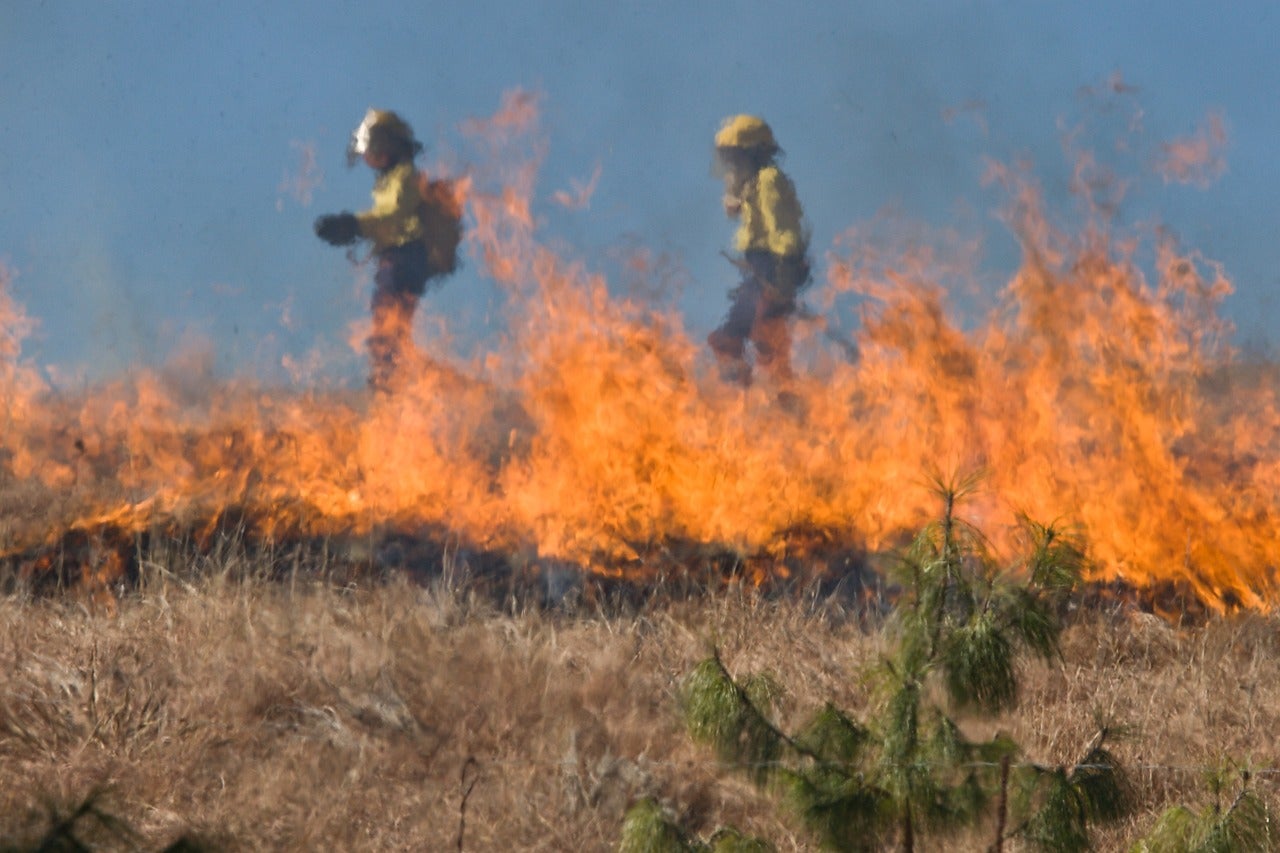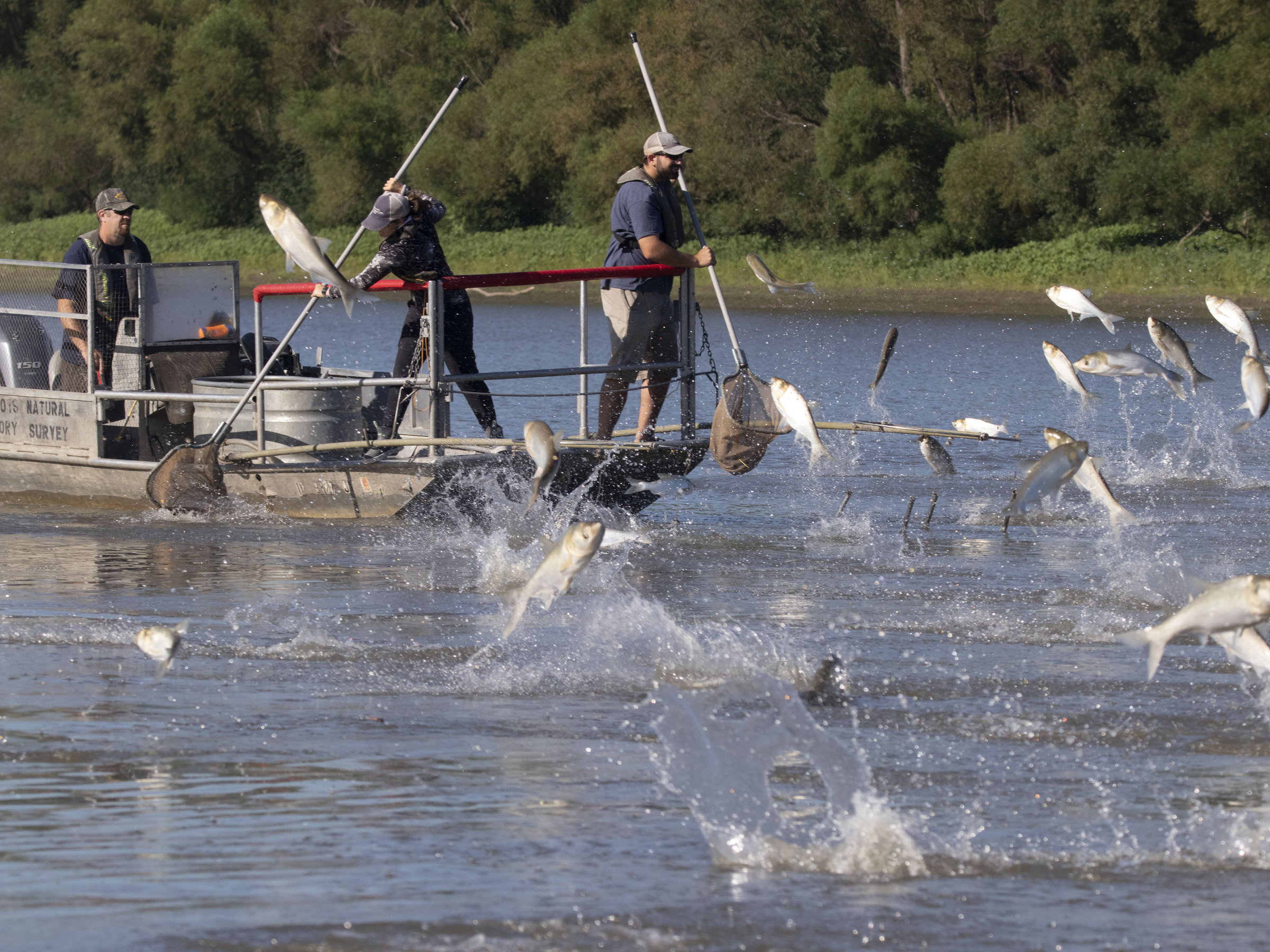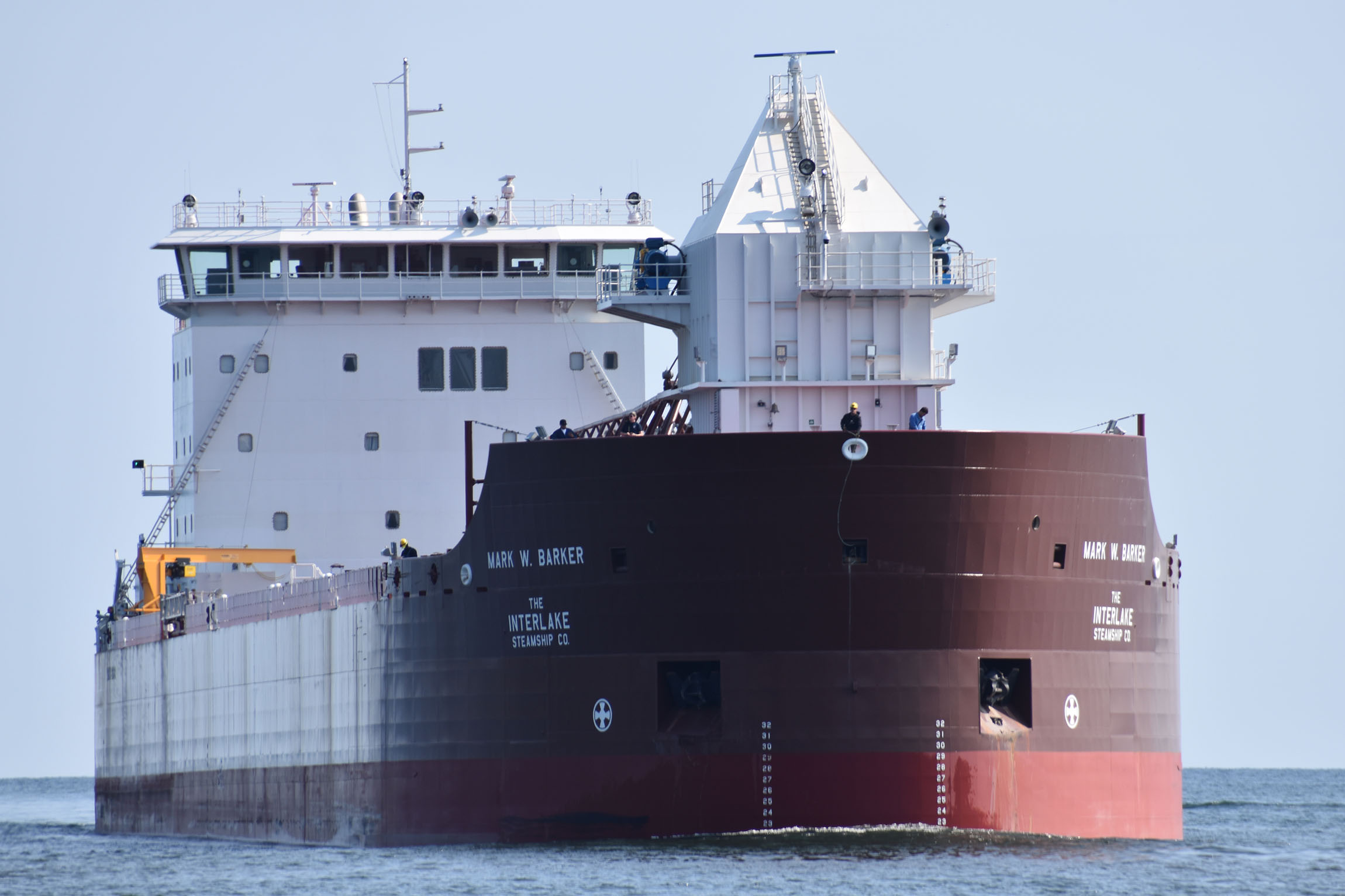Invasive species will continue to have significant ecological and economic impacts on the state if they are not prevented and managed early on. That’s according to two recent reports from the Department of Natural Resources.On land, invasive plants and animals can harm agriculture and forestry. In the water, they can affect tourism and the ecosystem.
The DNR increased spending on invasive species management last year to $9.3 million. Most of the money went towards aquatic species. Preliminary studies show that 77% of Wisconsin’s lakes surveyed by the DNR contain at least one invasive species. Southern lakes are more at risk.
DNR Invasive Species Coordinator Mindy Wilkinson says the obvious key to stopping invaders is preventing them in the first place, “And that absolutely we know has the biggest return on any investment. If you keep something from getting out into a lake and clogging that lake then you never have to hire that aquatic harvester in the first place.”
Stay informed on the latest news
Sign up for WPR’s email newsletter.
Officials suggest more money and staff should go towards management and enforcement.
Meanwhile, DNR state aquatic invasive species coordinator Bob Wakeman says government, nonprofit, and public partnerships have been crucial, “Folks that are out there using the waterways are so much more aware of aquatic invasive species today than they were five years ago and they’re taking action to avoid their spread, and that’s all I can hope for.”
The DNR is currently studying whether the spread of invasive species is slowing down.
Wisconsin Public Radio, © Copyright 2024, Board of Regents of the University of Wisconsin System and Wisconsin Educational Communications Board.



